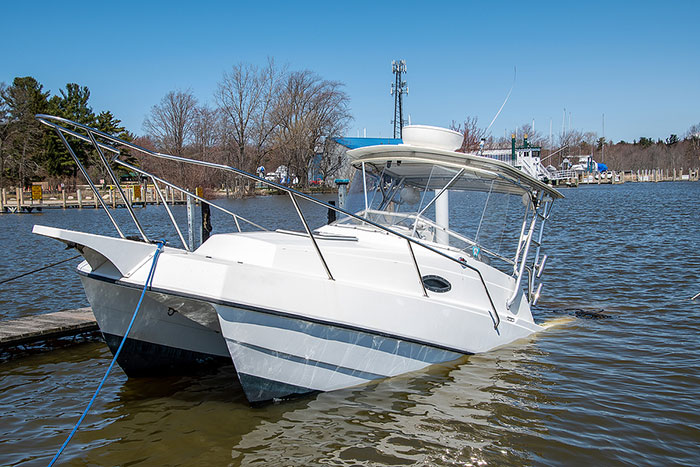Recreational boating has been on the rise in the last few years. More and more, people are realizing the delight of being on the open water or just staying a short distance from the shore. At the same time, boating also poses many kinds of hazards. The water is not always a safe place.

In any given year, thousands of Americans will be involved in a boating accident when on vacation or at home with friends. Some will die. Reduce your chances of getting hurt or fatally wounded with a few basic boating tips. Safe boating is both easy and fun.
If you own a boat, have a friend who loves to take you out, or merely want to make sure you’re safe as a passenger, it helps to know what you can do to avoid accidents before they happen. It also helps to understand what options you might have if something happens to you once you’re on board.
Before You Get on the Water
A few things to do before boarding the boat to increase safety include:
- Inspect the boat
- Put on a safety vest
- Pay close attention to the needs of your youngest passengers
All boats should be carefully inspected before heading out into open seas. Have a look at the rigging and see that it’s in place. The boat’s hull should be free of cracks. All equipment should be free of defects. If you see what appears to be a problem, point it out to the owner.
Wearing a safety vest is also imperative. Everyone should be wearing a safety vest. Make sure it fits correctly. There should be no gaps. Little children and the elderly need special attention when heading on board. Help them make sure they’re wearing their safety vests correctly. Younger children should be watched closely when aboard the ship. Bring a favorite toy, the child’s favorite meal, and a safe place where they can sit, such as a stroller.
You should also consider installing stabilizers on your boat. These handy devices allow you to anchor anywhere and then resume launching quickly. Stabilizers are also superb for increasing the safety of the passengers as the boat cruises through the ocean. Consider zero-speed fin stabilizers for optimum safety, equilibrium, stability, and better launching ability for your boat, yacht, and other seafaring vessels.
Once on Board
Cool, fresh air is very welcome. Getting out on the water is a chance to get away from the heat and humidity. It’s also an opportunity to see sea life in person. Safety is just as important when you’re out in the ocean. Everyone should be aware that boats have certain hazards. For example, you can easily hit your head when you’re climbing stairs, as staircases on boats tend to be lower.
Many larger vessels offer safety lessons as you board. Pay close attention to what they’re saying. Ask for more clarification if you have any further questions.
If Something Happens
If something goes wrong, you might need to work with a boat accident lawyer. The water can be a very dangerous place. Even relatively shallow waters pose the potential for drowning. Falling off the boat from a great height can lead to serious injuries. You might not notice if there’s a minor crash.
If you hear or see something unexpected, alert the nearest employee. If you own the boat or you’re there with someone who does, take the time to investigate what’s happened. That will help everyone on board.
Avoid panicking, but be prepared for any eventuality. If you have time, get access to your belongings, such as warm clothing and any identification, as well as your credit cards and car keys. If you or someone you love has been injured, now is the time to let other people know.
There may be someone on board who can provide immediate medical assistance. They can also radio to other ships in the area. If it’s really a major medical emergency, you can even be evacuated by helicopter directly from the boat.
